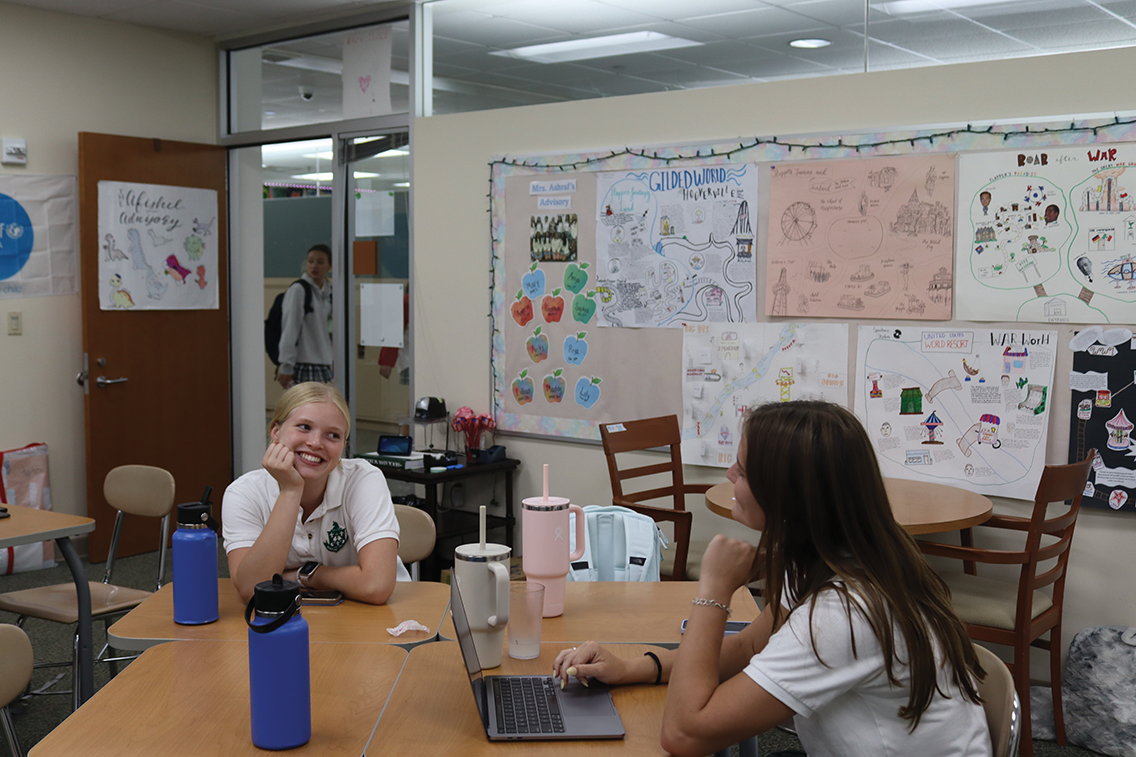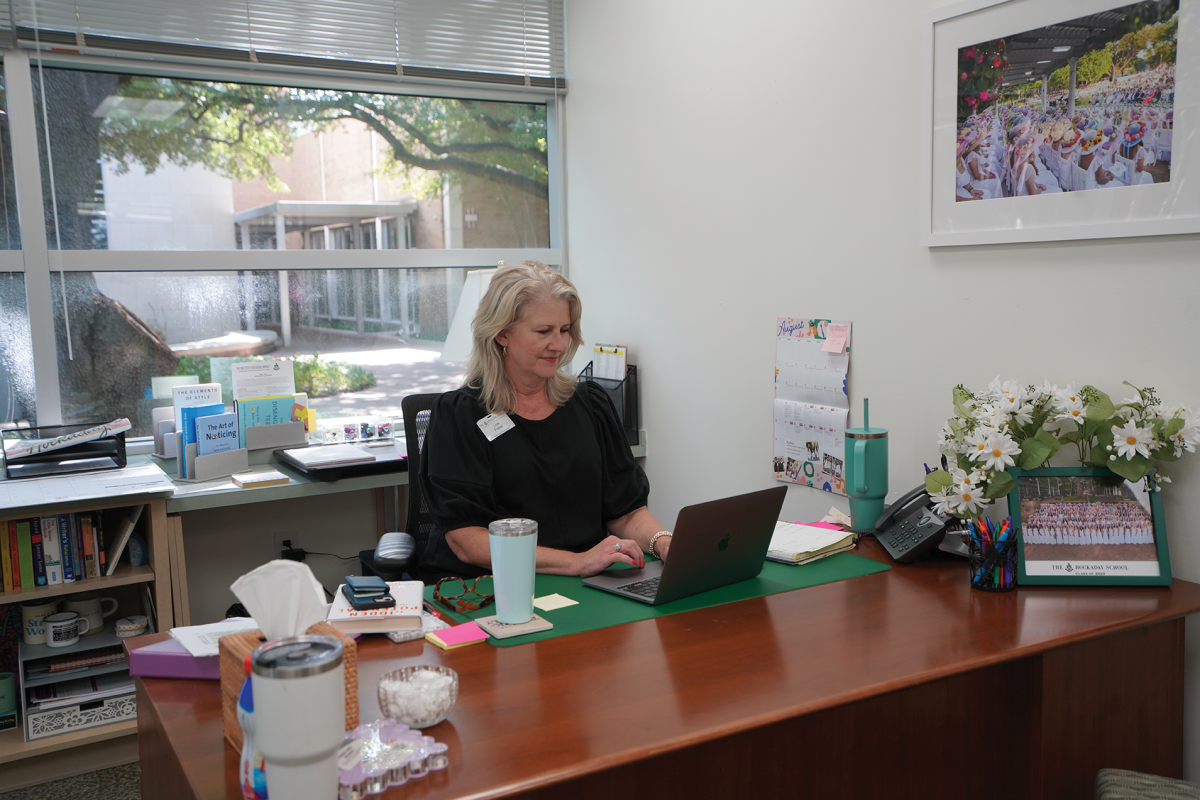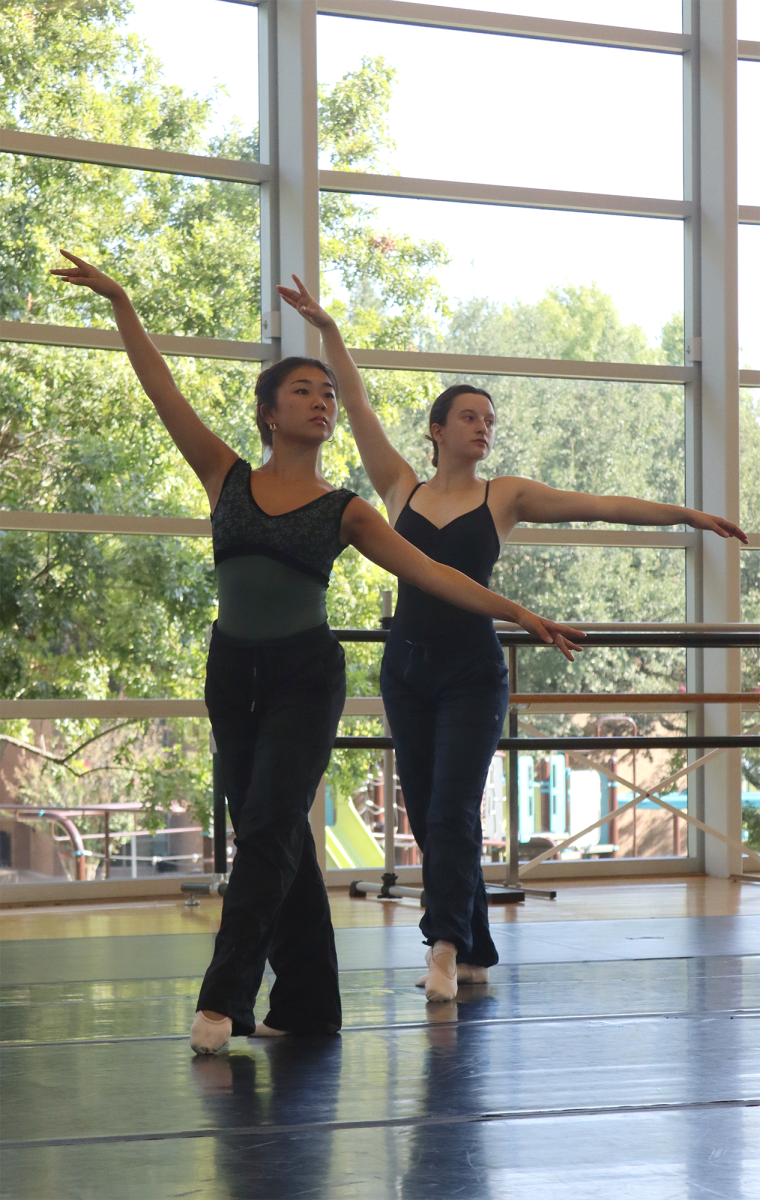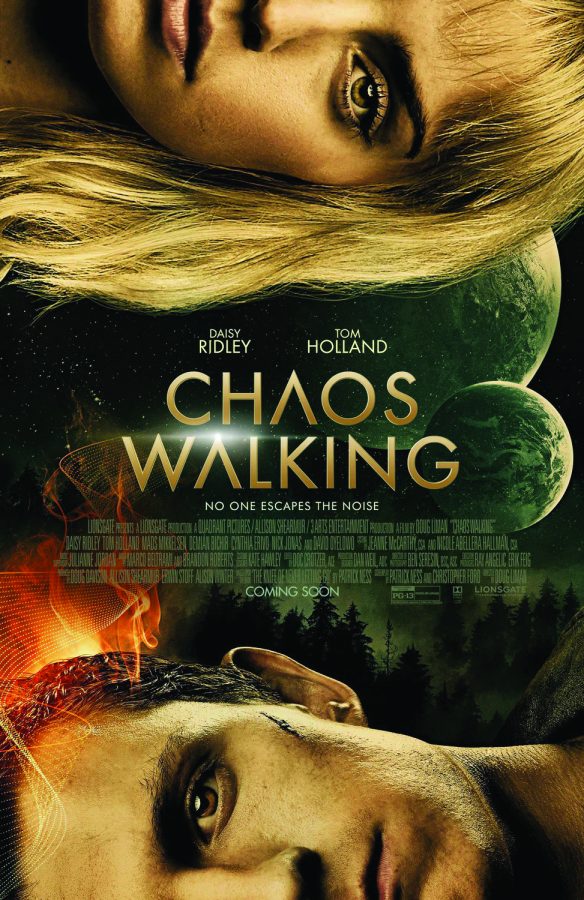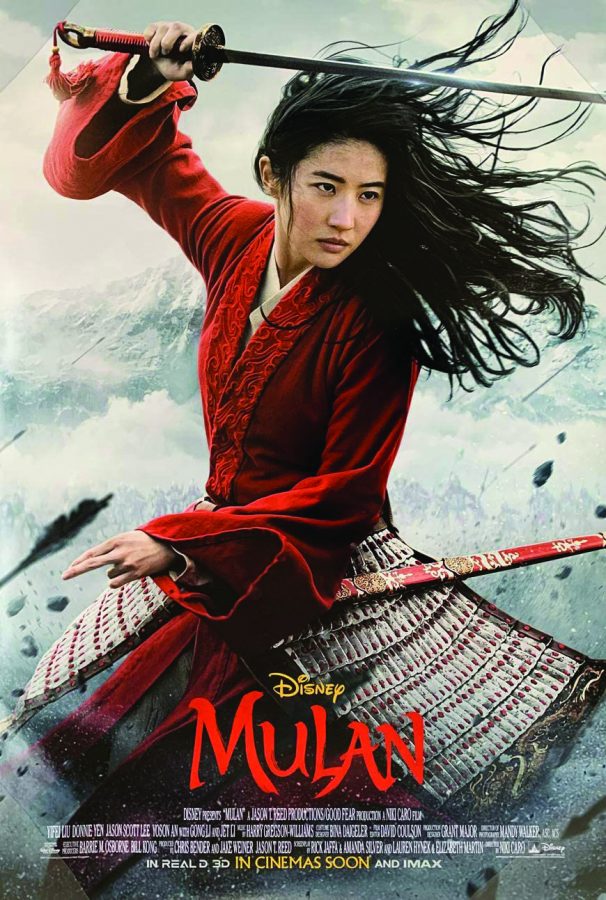“Steve Jobs” by Danny Boyle
“Who are you?”
Steve “Woz” Wozniack (Seth Rogen) asks this question to Steve Jobs (Michael Fassbender) in the middle of an argument, catching everyone, except for Jobs himself, off-guard. In the midst of a fast-paced, technological society, we are too often concerned about what we do instead of who we are. So let me ask you this: who is Steve Jobs?
You all have been directly influenced by Jobs in some way – whether it’s with the iPhone you’re holding in your hand or the iMac sitting at home. Some call him a genius. Others, a visionary. But what do we know about him, other than the things he has done?
The truth is, Jobs wasn’t exactly a model figure. He actually lacked all the skills necessary to be successful. He relied on other people to do his dirty work, but somehow, he received all of the credit. How can that be? What made Jobs so much more successful than everyone he ever worked with?
“Steve Jobs,” directed by Danny Boyle, focuses on the three main product releases before Jobs became the permanent Apple CEO in 2000: the MacIntosh in 1984, NeXT in 1985 and the iMac in 1998 – and then went a step further. “Jobs” delved beyond the computer screen and into the personal struggles of Jobs’ life, both as a father and as a person.
In the course of his career, Jobs managed to betray his friends and hurt his loved ones, all in a desperate desire for self-gratification. Jobs refused to recognize the efforts of his friends, especially co-founder Wozniack and his team’s work on the Apple II, and denied any and all mistakes that he made, such as the birth of his first daughter, Lisa. But knowing this, why do we still praise Jobs? Why does he come out on top? This will always remain a mystery, just as Jobs was to those who knew him.
As I mentioned before, “Jobs” unveils three crucial product releases during Jobs’ career. While there are flashbacks, the film zooms in on the minutes leading up to each product launch. Boyle’s unconventional style highlights the stress, fervor and violent passion that overflowed every nook and cranny of Jobs, who is so brilliantly portrayed by Fassbender, and ultimately humanizes the man who we all know as Steve Jobs, Apple CEO, into someone so much more – a father.
Jobs first rejected his paternity and refused to acknowledge Lisa as his daughter, but eventually came to terms with her mother, Chrisann Brennan (Katherine Waterston), and provided both of them with money to support themselves. Jobs, upon realizing that sometimes the apple doesn’t fall far from the tree, later paid for Lisa’s Harvard tuition. Lisa’s role in the film helps us try to understand how explosively complicated Jobs really was.
Jobs never thanked anyone for doing anything for him, and his only role model was his own human desire to give the world something they had never seen before. But ultimately, Jobs’ firm understanding of consumer goods, isolated creativity and defiance of the status quo created the world we live in today – regardless of what we think about him.
“Steve Jobs” is rated R for language. Students under the age of 17 are required to be accompanied by a parent or adult guardian by the Motion Picture Association of America.



